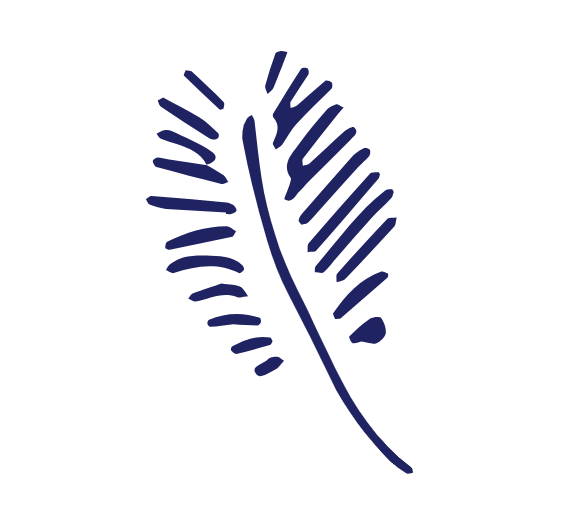Search
Research
Multi-site validation of a suite of clinical outcome measures for clinical trial readiness in the CDKL5 Deficiency DisorderHelen Jenny Peter Leonard Downs Jacoby MBChB MPH BApplSci (physio) MSc PhD BA (Hons) MSc Principal Research Fellow Head, Child Disability
Research
Mums Minds MatterAmy Jenny Susan Desiree Keerthi Finlay-Jones Downs Prescott Silva Kottampally BPsych(Hons), MPsych(Clinical), MHealthEcon, PhD (Clin Psych) BApplSci
Research
National Healthy Skin Guideline; for the Prevention, Treatment and Public Health Control of Impetigo, Scabies, Crusted Scabies and Tinea for Indigenous Populations and Communities in AustraliaAsha Jonathan Marianne Bowen Carapetis AM Mullane BA MBBS DCH FRACP PhD GAICD FAHMS OAM AM MBBS FRACP FAFPHM PhD FAHMS BSc (OT) Head, Healthy Skin
Research
Novel therapeutics approaches for infants with high-risk infant acute lymphoblastic leukaemiaRishi S. Laurence Sébastien Kotecha Cheung Malinge MB ChB (Hons) MRCPCH FRACP PhD BPharm (Hons) MBA PhD PhD Co-Head, Leukaemia Translational Research
Research
Optimising influenza vaccine uptake in children with medical comorbiditiesChristopher Hannah Blyth Moore MBBS (Hons) DCH FRACP FRCPA PhD OAM BSc (Hons) GradDipClinEpi PhD Centre Head, Wesfarmers Centre of Vaccines and
Research
OPTIMUM: OPTimising IMmunisation Using Mixed schedulesPat Peter Susan Tom Jennifer Holt Richmond Prescott Snelling Kent PhD, DSc, FRCPath, FRCPI, FAA MBBS MRCP(UK) FRACP MBBS BMedSci PhD FRACP BMBS DTMH
Research
ORIGINS of Neurodevelopmental Risk and ResilienceThis project aims to better understand the early genetic and environmental factors that the developing brain during a child’s first five years of life.

Research
Pacific Rheumatic Heart Disease (RHD) ProgramThe goal of the program is to establish the foundations of an effective, sustainable and equitable response to RHD in the Pacific.
